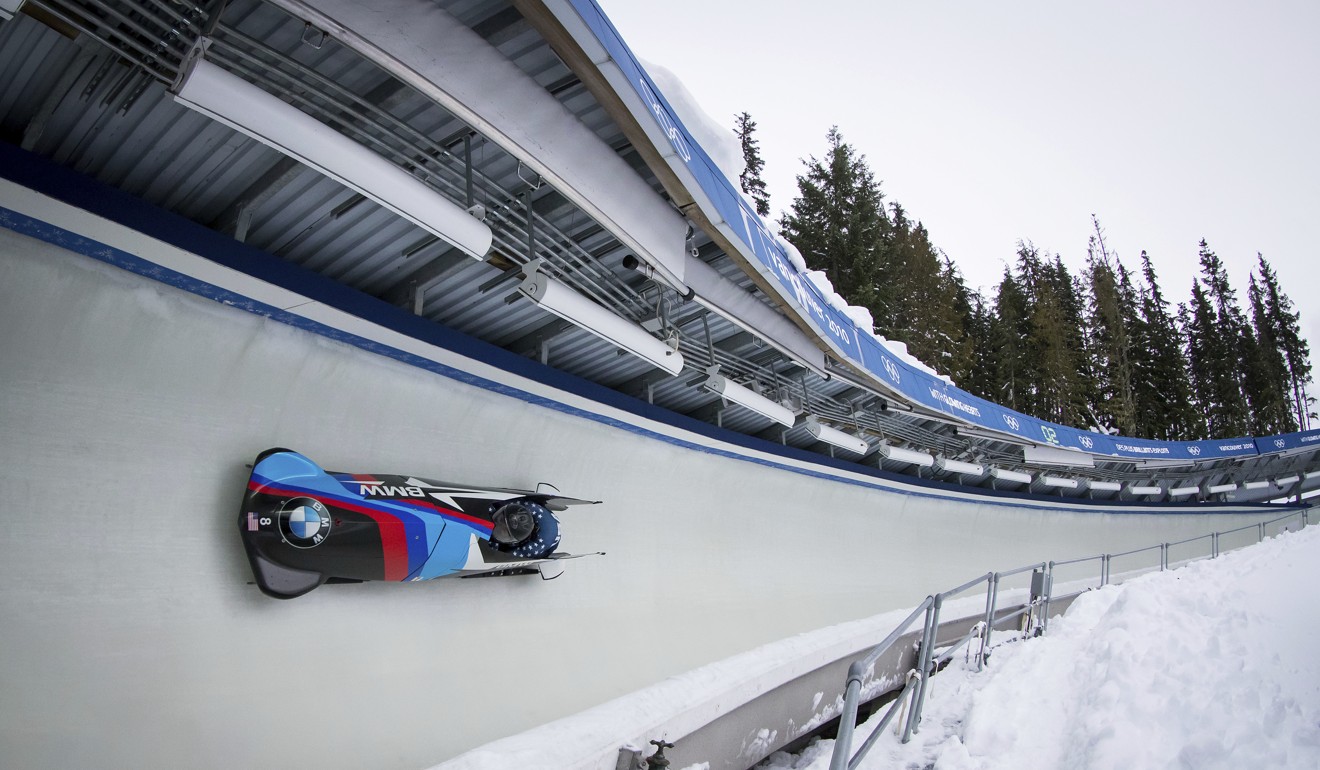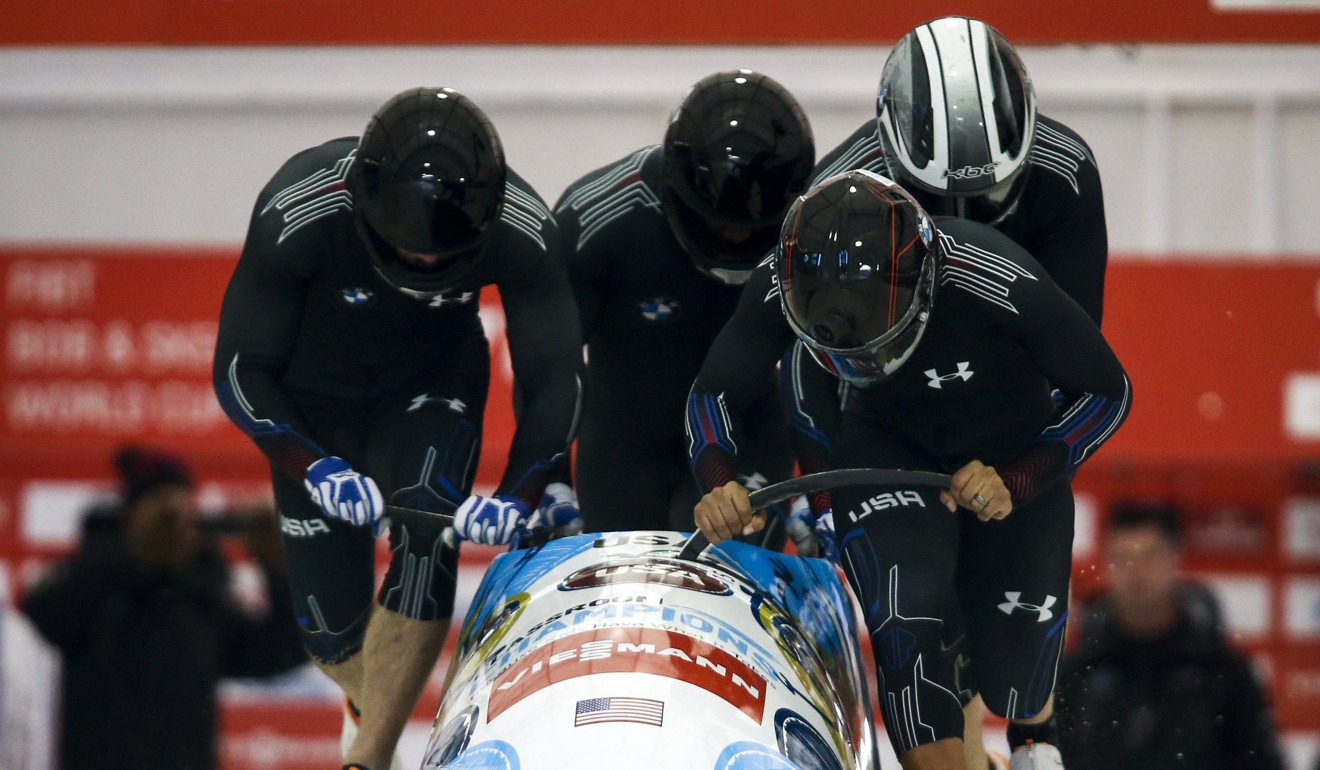
Sleeping pills, alcohol found in Olympic bobsledding champion Steven Holcomb at death
Report indicates the combination was fatal for the American, who was the sport’s biggest star in the US

Olympic bobsledding champion Steven Holcomb had prescription sleeping pills and alcohol in his system when he was found dead last month, according to a toxicology report provided to his family and USA Bobsled and Skeleton.
Holcomb’s blood-alcohol level was found to be 0.188, well above the threshold for intoxication. He also had more than the typical dosage of the sleeping aid Lunesta in his system, and the report indicated that combination was fatal for the bobsledder who was found in his bed at the Olympic Training Centre in New York on May 6.
An initial autopsy last month showed that fluid in Holcomb’s lungs was a significant factor in his death, but no precise cause of death was revealed pending the toxicology report.
“We hold our memories of him close and are so proud of him, not only as an athlete but also as a person,” the Holcomb family said in a statement to USA Bobsled and Skeleton.
The investigation by Essex County coroner Francis Whitelaw is now complete, according to US bobsled officials.

But it remains unclear if Whitelaw will ever release a final report, or if his process of putting that together was even completed.
Whitelaw told the AP on Monday that he was prohibited from saying anything new pertaining to the slider’s death because Holcomb’s family threatened to sue. Whitelaw shared the toxicology report with Holcomb’s family, as well as a draft of his planned press release to seek feedback and ensure accuracy.
Holcomb’s family felt the draft “included speculation beyond the scope of the toxicology report and autopsy findings” and requested through an attorney that the release be withheld.
“Anyone who knew Steven knew what a private person he was despite being a public figure,” his family said. “Our intentions were to continue to respect his privacy, even in death.”
E. Stewart Jones, an attorney retained by the Holcomb family for the autopsy release, said making the report public without a court order or permission of the family would be a violation of county and state law.
The 37-year-old Holcomb was a three-time Olympic medallist, winning the four-man gold at the 2010 Vancouver Games and two bronzes at the Sochi Games in 2014. He was a virtual lock to make his fourth Olympic appearance in Pyeongchang next winter.

“Steven’s passing is a tragedy and we are devastated to lose him,” the Holcomb family said. “Steven was an amazing son and brother who was loved and cherished by his family, his friends, the bobsled community and all the communities he touched around the world.”
He was the biggest star USA Bobsled had, with 60 World Cup and 10 world championship medals in his collection.
He spoke openly of his past battles with depression – including a suicide attempt – but also had many plans for the coming months, including sponsor appearances, a planned surprise visit to his mother and training sessions with US teammates in Tennessee.
His team is ready to start moving on, as well. A team camp is set to begin later this month, and Holcomb will be inducted into the USABS Hall of Fame on July 1.
US officials waived the customary 10-year waiting period before former athletes are eligible for enshrinement.
“We’re still in shock and struggling to come to terms with our loss,” USABS chief Darrin Steele said. “The sliding community is a tight-knit family, and we lost one of our brothers. The outpouring of support from around the world has helped us begin the process of healing, but his absence will be felt for years to come.”